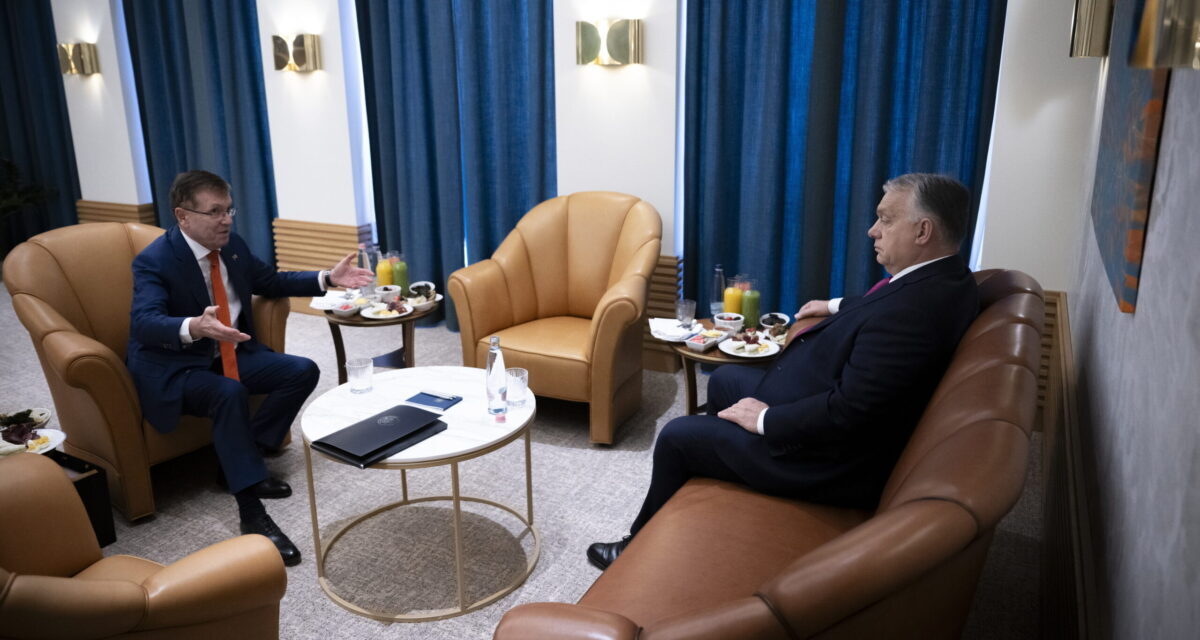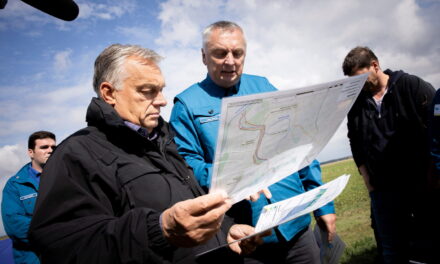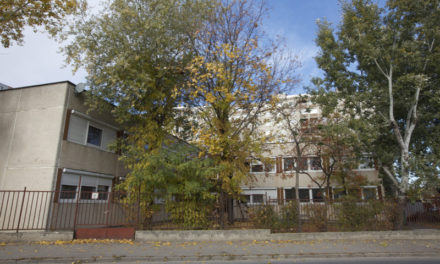On Thursday, the Hungarian Prime Minister spoke at the Eurasian International Economic Forum, where Central Bank Governor György Matolcsy also gave a speech.
Prime Minister Viktor Orbán first responded to György Matolcsy's opening speech and said that it was György Matolcsy who, after the significant change of government in 2010, when a national government was formed in Hungary, laid the foundations of Hungary's modern economic policy, and later implemented an active central bank strategy yes.
The central bank can provide the government with the help, beyond the stable forint and low inflation, which is nevertheless the primary task of the central bank, but the central bank can provide the government with the help that it uses its international relations and
according to Hungarian traditions, the central bank always has a high level of intellectual capacity to provide the government with new approaches, new ideas, new emerging phenomena with sufficiently in-depth analyzes and also helps in the development of the economic strategy.
I am grateful to the President of the Central Bank for this work, and I believe that today's conference is a worthy reflection of this, said the Prime Minister.
Why does a country of ten million have to deal with such questions? asked Viktor Orbán, adding:
After all, it's a problem, it's enough without it. We have enough problems with managing everyday affairs, dealing with inherited historical disadvantages, financial vulnerability, high public debt, so Hungary has enough problems that its leaders must think about, why they undertake, take on the extra burden that these dimensions they arise from its opening, from thinking about it, and then from the international consequences of this thinking, he added.
There is also an idea, there is a tradition in Hungarian politics, that it is better to relax, there is no need to deal with these big issues.
Of course, let's understand them in secret, but if we have an opinion, let's stay silent and somehow - as they say in sports - swim sideways through the big changes in the world. This was a successful survival strategy for a long time in Hungary, but now something is really happening that makes this strategy of distancing oneself from big ideas no longer possible, said the Prime Minister, and then emphasized:
In 2009, he began to deal with the idea of Eurasia.
In this regard, he spoke about his personal experience:
"The financial crisis of 2008-2009 broke out, and for a long time I belonged to the Western Hungarian tradition that believed that if something went wrong in the Western European economy, let's say a financial crisis, which we know did not happen global, but rather a European financial or Western financial crisis, then we have a European, Western financial and economic system - including perhaps the political system - which has a well-developed and tested self-correction has a mechanism.
There are cycles when problems occur, but the Western political and economic system has the ability to self-correct these errors. We can believe in what we are in, this Western world is capable of self-renewal, so let's stay on the track that Hungarian political thinking has been following, the technologies that are more advanced than ours, modernization is always in the West, we have to pay attention to that, and we have to mutate and that implement in Hungary"
said the Prime Minister.
"I believed for a long time that this was so." I tell those who came from abroad about the regime change itself, I have been involved in Hungarian politics since 1988-89. The entire great regime change after Hungarian communism was essentially dominated by this idea.
We should look to the West not only because they live better there, which is undoubtedly true, because they are more efficient and so on, but also because a self-correcting political-economic system was discovered sometime in the 17th century. century, and was created in the West, which guarantees our security, our strategic security in the long term.
We can be sure that our answers to the big questions point in the right direction. This belief of mine was shattered in 2008-2009, when I had to experience that the Western financial crisis hit and I participated in the political meetings where they dealt with understanding this, added the Prime Minister.
Viktor Orbán recalled: at that time, the conclusion of all deliberations was that it was a crisis of the usual cyclical capitalism, and that the self-correction mechanisms would work, even though it was quite obvious at the time that it was something completely different. Someone else caused the crisis and someone else determined the course and afterlife of this crisis, although it is possible that there was some kind of cyclical crisis element in it, but - according to the Prime Minister -
in fact, the crisis is a logical consequence of the profound transformation taking place in the entire world economy, which radically transforms the existing geopolitical power relations and raises new centers in the world, primarily in Asia, which bring about the new situation that modernity is no longer a Western category.
Viktor Orbán emphasized: it is possible to be modern not only in the West, not only in a Western way, but also in the East, in an Eastern way.
Cover photo: In the photo published by the Prime Minister's Press Office, Prime Minister Viktor Orbán (j) talks with György Matolcsy, President of the MNB (b) before the opening of the Budapest Eurássia Forum at the headquarters of the Magyar Nemzeti Bank (MNB) in Buda on November 21, 2024.
Source: MTI/Prime Minister's Press Office/Benko Vivien Cher













